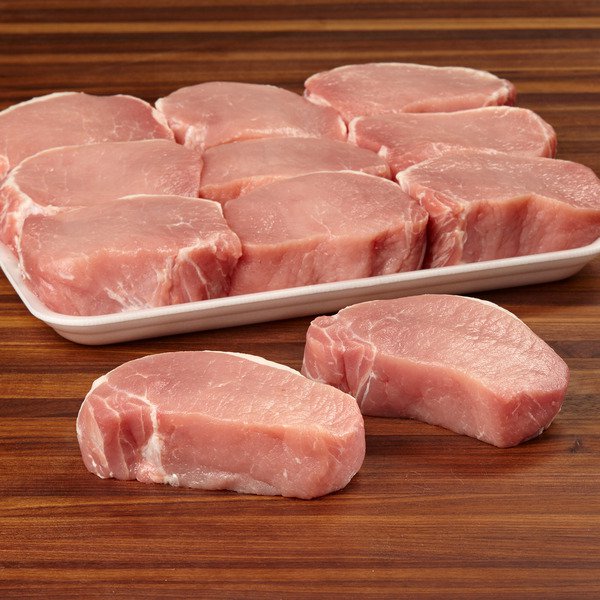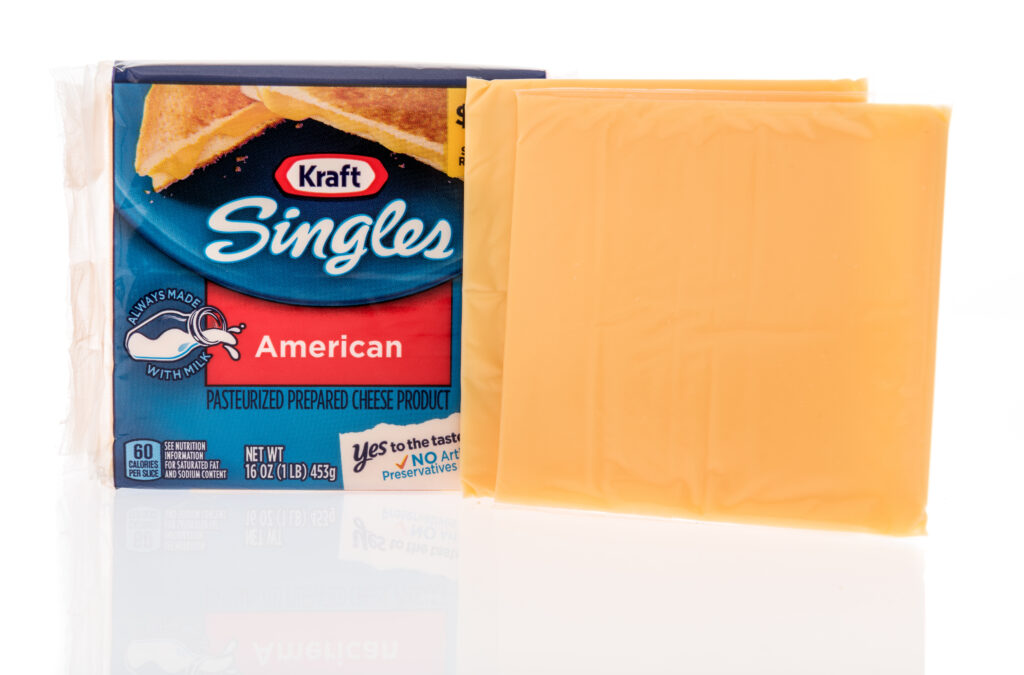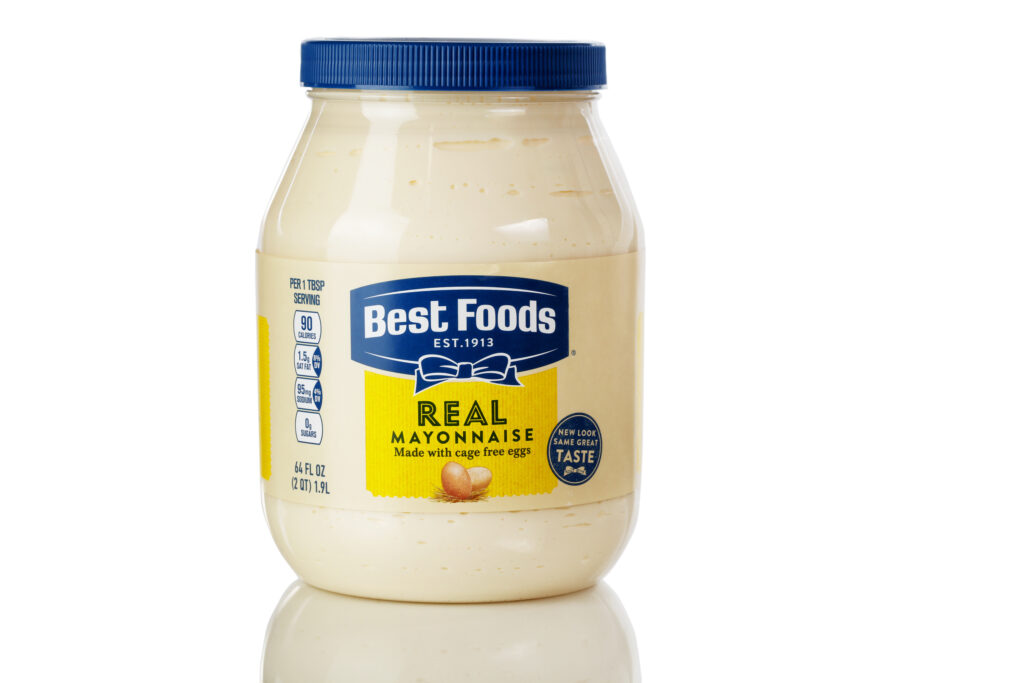The products and services mentioned below were selected independent of sales and advertising. However, Don't Waste Your Money may receive a small commission from the purchase of any products or services through an affiliate link to the retailer's website.
There’s no doubt about it: Buying in bulk can save you money. And when warehouse clubs offer big discounts on annual memberships (like the half off deals that Sam’s Club and Costco are currently offering), it seems like a no-brainer to buy in volume.
But buying certain products in bulk will yield much greater savings than others, as a study by Coupon Follow discovered. Buying some things, like personal care items and meat, led to an average savings of 50% off or close to it.
Meanwhile, other bulk purchases didn’t result in much savings at all. The study found that the average American bulk shopper admitted to tossing out about one-third of the food they buy, an average waste of $145 per month, which makes certain perishable items a less helpful bulk buy.
So, which high-volume items are worth the initial investment, and which are better left on the shelf? To answer that question, Coupon Follow conducted a study of the purchasing data of customers using Instacart.
Once they figured out the best bulk-buying opportunities, they looked at whether or not Americans were employing strategies to take advantage of these deals. To do so, they gathered information from some Safeway and Costco locations in San Francisco between April 1-7, 2022, and they questioned 1,000 Americans about their bulk shopping habits.
The upshot: Americans could be doing better. They found that the items that people most often bought in bulk — like coffee and tea and cleaning supplies — were not among the bulk-purchased products that led to the greatest savings.
So, which bulk products can save shoppers the most? Read on to find out which ones might not be worth the trip to Costco or Sam’s.
What to Buy in Bulk
According to Coupon Follow’s 2022 study, here are some items you’ll want to buy in bulk for the biggest savings — and they may surprise you.
Personal Care Items
The study found that bulk-buying personal care items like moisturizers, face washes and deodorants can result in an average of 50% savings over time. Specifically, shoppers who bought CeraVe moisturizing cream in bulk yielded an 80% savings. For Dove Invisible Dry Spray Clear Finish antiperspirant, it was a 64% savings, and Softsoap Advanced Clean Hand Soap netted a 62% savings.
Meat

If you have the freezer space to buy meat in bulk, you will definitely save money in the long run, according to the study. In fact, it found an average of 48% savings when meat is bought this way.
And the price reduction is even more pronounced for certain types of meat. You can enjoy a 91% savings on top loin pork chops and an 87% savings on boneless, skinless chicken thighs. You can also stretch your budget by buying fish in bulk. You’ll see an 83% savings when buying tilapia fillets and a 79% savings on Atlantic salmon.
Bread
A little-known fact: Bread freezes beautifully, and it defrosts quickly. And according to the Coupon Follow study, you’ll yield a 47% savings if you buy it in bulk. Then, just take the slices out as you need them and let them defrost on the counter, or pop them in the toaster. At places like Walmart, you can get bread in bulk for less.
Dairy

In general, buying dairy products in bulk will yield a 44% savings. Granted, in this case, doing so will take more thought and planning. Some dairy products have longer expiration dates than others, while some dairy freezes better than others.
You can store unopened hard cheeses like Parmesan, cheddar and Swiss in the refrigerator for six months — and three to four weeks after opening, according to the U.S. Department of Agriculture. You can also freeze hard cheeses for six months. Processed cheese slices like Kraft American cheese can last in the fridge for up to two months, but they don’t freeze well.
As for milk, it only lasts a week in the fridge, though you can freeze it for up to three months.
Beverages
The study found that you can save 33% by purchasing beverages in bulk. That’s especially true when it comes to healthy drinks like Synergy’s organic kombucha, which is quite pricey in supermarkets. And kombucha has an expiration date of six to eight months, so it will last a while in your fridge.
What NOT to Buy in Bulk
Some items aren’t suitable for buying in bulk, at least for most households. For the most part, you want to stay away from items that are perishable but which you don’t use enough of to finish a container by the expiration date. Your mileage may vary, though, so consider your use and plan accordingly.
Dried Herbs and Spices
Sure, you can save money on dried herbs and spices at a big box store. But they tend to lose their potency after six months, and you probably won’t use an entire 7.5-pound tub of Old Bay seasoning within that time. You’ll just end up having to toss it and buy another.
Perishable Condiments

Some condiments — like ketchup and hot sauce — will last up to six months without going bad. But certain others — like mayonnaise — shouldn’t last more than a couple of months. Consider how much you plan to eat as you calculate the projected savings of buying in bulk.
Skincare Products with Short-Lived Ingredients
While personal care items in general were a winner in the study, the researchers cautioned that some have longer shelf lives than others. Products that contain retinol (such as Olay Regenerist moisturizer), vitamin C or any kind of acid (like salicylic) are among the items that might expire before you’ve used up the large amounts you get at a big-box store.
Cooking Oil
Oil is among the most common grocery products that Americans buy in bulk, with 33% of study respondents saying they do so. But it’s probably best to let this “deal” go by.
Here’s why: Quality oils (like fresh olive oil) have a longer shelf life than the cheaper, processed ones you’ll find in a big box warehouse. In fact, those inexpensive oils will probably only stay fresh for up to six months. So if you buy two huge jugs of vegetable oil, you may end up throwing out the second one — and disposing of rancid oil is no fun.
Eggs
Eggs are another common bulk purchase, with 32% of respondents saying they buy eggs in great quantities. But eggs were not on the study’s list of items most discounted when buying in bulk. And they certainly don’t have long shelf lives. They only last about three to five weeks in the fridge, so one person would have to eat two eggs every single day for a month to get rid of a box like this one from Walmart.
MORE: Can you freeze eggs and cook or bake with them later?
Some bulk grocery items save you more money than others by Jennifer Graham Kizer originally appeared on Don't Waste Your Money
This story originally appeared on Don't Waste Your Money. Checkout Don't Waste Your Money for product reviews and other great ideas to save and make money.


